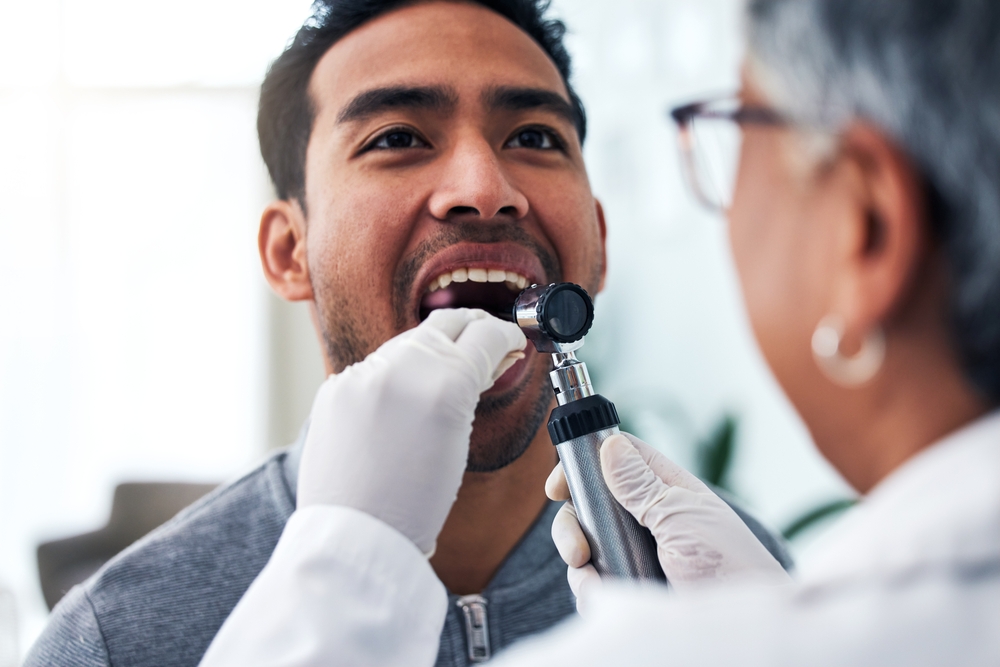
Undergoing oral surgery can be a major step towards achieving better oral health and comfort. However, the success of your surgery doesn’t end in the operating room. Proper post-operative care is essential to ensure optimal healing, minimize discomfort, and prevent complications. Here’s a guide on what to expect after your procedure and how to take care of yourself in the crucial recovery period.
Managing Discomfort and Swelling
After oral surgery, it’s normal to experience some swelling and discomfort. To manage these symptoms:
Apply Ice: Place an ice pack on the affected area in 15-minute intervals (15 minutes on, 15 minutes off) during the first 24 hours.
Take Pain Medication as Prescribed: Over-the-counter or prescribed pain relievers can help reduce discomfort. Avoid aspirin, as it can increase bleeding.
Elevate Your Head: Sleeping with your head elevated can reduce swelling and ease breathing.
Controlling Bleeding
Minor bleeding is common after oral surgery, especially within the first few hours.
Use Gauze Pads: Place a gauze pad over the surgical site and bite down gently to apply pressure. Change the gauze every 30-45 minutes, or as advised by your oral surgeon.
Avoid Straws and Spitting: The suction motion can dislodge the blood clot, prolonging bleeding and potentially leading to dry socket—a painful condition that can delay healing.
Limit Physical Activity: Rest for the first 24-48 hours and avoid any strenuous activity that could increase blood pressure and cause bleeding.
Dietary Considerations
Eating the right foods after oral surgery is important to avoid irritating the surgical site.
Start with Soft Foods: Soups, yogurts, smoothies, and mashed potatoes are gentle on your mouth. Gradually return to normal foods as you feel comfortable.
Avoid Hot and Spicy Foods: High temperatures and spices can irritate your mouth and delay healing.
Stay Hydrated: Drink plenty of water, but avoid carbonated or acidic beverages that could irritate the area.
Maintaining Oral Hygiene
Keeping your mouth clean is crucial, but it must be done carefully.
Rinse Gently: Starting 24 hours after surgery, rinse your mouth with a warm saltwater solution (1 teaspoon of salt in 8 ounces of water) a few times a day, especially after meals.
Avoid Brushing Near the Surgical Site: Brush the rest of your teeth as usual, but be cautious around the surgical area to avoid disrupting the healing tissue.
Do Not Use Mouthwash: Many commercial mouthwashes contain alcohol, which can irritate the surgical site. Your oral surgeon may recommend a gentle rinse instead.
Preventing Infection
Following the post-operative care instructions from your surgeon is vital for avoiding infections.
Take Prescribed Antibiotics: If antibiotics are prescribed, take them exactly as directed to prevent any infection.
Watch for Signs of Infection: Keep an eye out for signs such as increased swelling after the first few days, excessive pain, fever, or discharge from the surgical site. If any of these occur, contact your oral surgeon immediately.
Avoiding Habits That Delay Healing
Certain habits can slow the healing process or cause complications:
Do Not Smoke or Use Tobacco Products: Smoking can significantly delay healing and increase the risk of dry socket.
Avoid Alcohol Consumption: Alcohol can interfere with medications and delay recovery. Wait until your surgeon gives the green light.
When to Seek Help
While most discomfort and swelling should gradually subside, it’s essential to know when to reach out to your oral surgeon. Seek medical advice if:
You experience severe or worsening pain that doesn’t improve with medication.
You have prolonged bleeding that doesn’t subside after applying pressure.
You notice signs of infection or have a fever.
Ensuring a Smooth & Successful Recovery
By following these post-operative care tips, you’re setting yourself up for a smooth and speedy recovery. At Wilshire Oral Surgery and Implant Center, we are here to support you every step of the way.
Reach out to Wilshire Oral Surgery and Implant Center if you have any questions or concerns about your post-operative care. Contact our office in Los Angeles, California, by calling (310) 954-9449 to book an appointment today.





